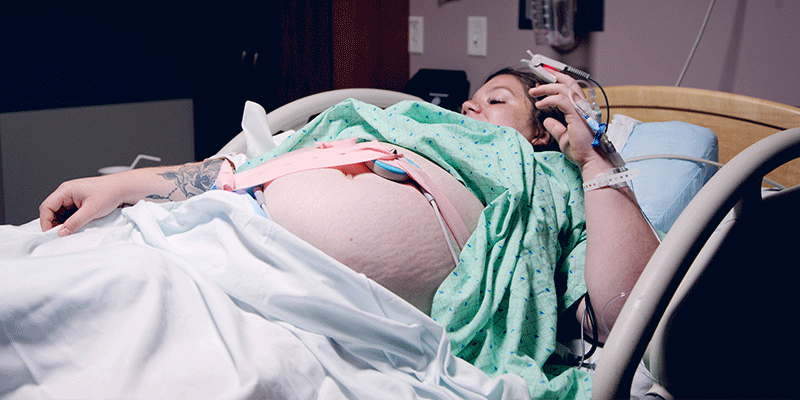
You will find that we tend to refer to babies’ health care providers as pediatricians as a matter of convenience, and the American Academy of Pediatrics (AAP) does believe that pediatric health care is optimally delivered by a pediatrician. There are also, however, non-physician clinicians who are important members of the pediatric health care team and who also care for babies and children.
- MD and DO. If doctors have an MD after their names, it simply tells you that they attended a “traditional”medical school. Others have the initials DO after their names—a designation that tells you they are graduates of osteopathic medical schools. MD and DO medical schools train physicians, and both types of doctors can go on to do pediatric residency training specializing in the care of children. While there are some differences between these 2 types of physicians, both are educated about normal human health and disease conditions.
- Board-certified pediatrician. Board-certified pediatricians are physicians who have graduated college, completed 4 years of medical school, and have at least 3 years of “on-the-job”training (residency) in pediatrics. To become board certified, pediatricians must also pass a rigorous examination given by the American Board of Pediatrics (ABP). To remain board certified, pediatricians have to maintain ongoing education in pediatrics, demonstrate quality patient care, and hold a valid medical license. These certification requirements help ensure that certified pediatricians (including specialists) have sufficient knowledge and skills to provide quality care for children of all ages.
- Family physician. Family practice doctors can be either MDs or DOs and, like pediatricians, also complete medical school and at least 3 years of “on-the-job”training (in a family medicine residency). Like pediatricians, family physicians must also pass an examination and meet several criteria to become board certified and then renew their certification. Unlike pediatricians, however, family physicians do not limit their practice to the care of children from birth through adolescence. As their titles imply, they care for patients of all ages.
- Nurse practitioner. In some instances, you may find that your baby is scheduled to see a pediatric or family nurse practitioner. These health care providers are registered nurses with additional education. Those who specialize in pediatrics generally have specific advanced training in caring for children. Nurse practitioners may work in your doctor’s office as part of a physician-led team.
Whomever you choose, you’ll want to make sure that they have the training and/or experience to offer guidance on the health- and illness-related matters you may encounter—many of which are unique to childhood.
- Use our Find a Pediatrician tool to search for an AAP member pediatrician, pediatric sub-specialist, or pediatric surgical specialist near you.
Author Laura A. Jana, MD, FAAP and Jennifer Shu, MD, FAAP
Last Updated 11/12/2009
Source Adapted from Heading Home With Your Newborn, 2nd Edition (Copyright © 2010 American Academy of Pediatrics)
The information contained on this Web site should not be used as a substitute for the medical care and advice of your pediatrician. There may be variations in treatment that your pediatrician may recommend based on individual facts and circumstances.






